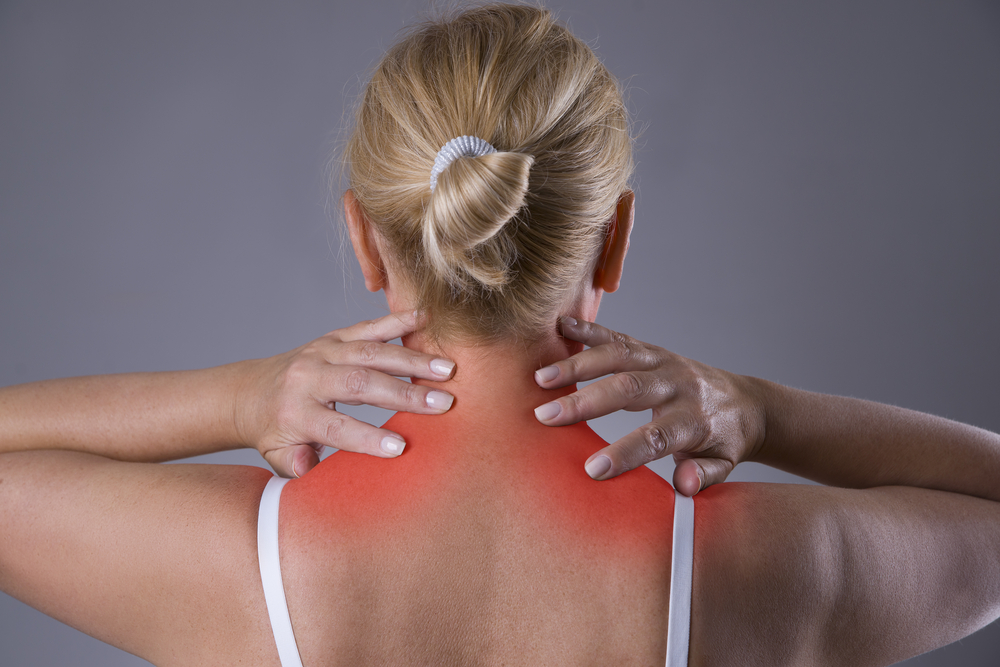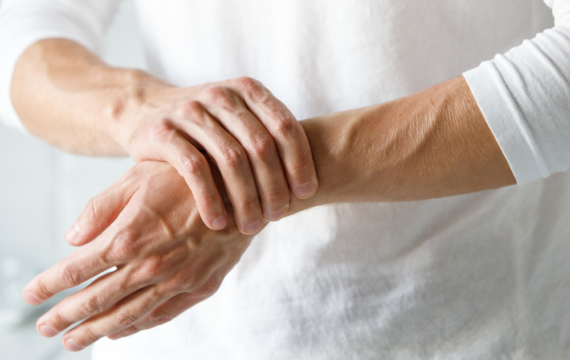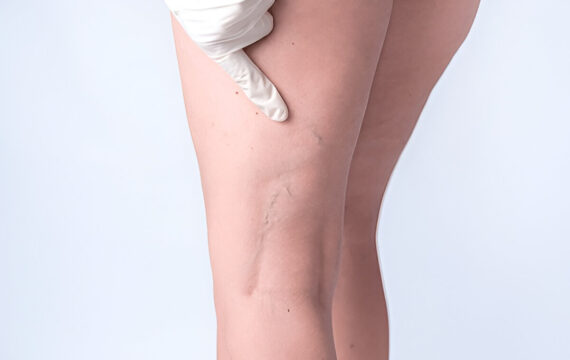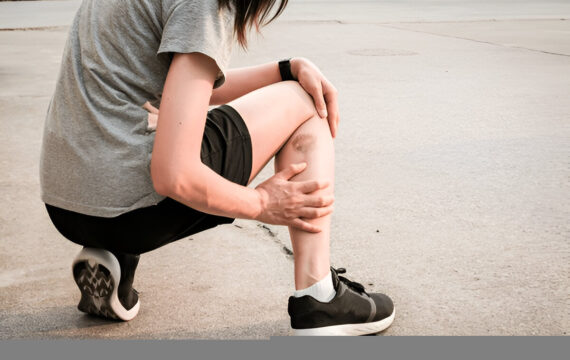Chronic pain disproportionately affects women, with millions across the globe silently battling conditions that disrupt their daily lives. A recent study published in the New England Journal of Medicine sheds light on just how significant the impact of chronic pain is on women. The study looks into the various ways chronic pain manifests in women, often more severe and long-lasting than in men, and calls for better awareness and treatment strategies tailored to their needs.
The Gender Gap in Chronic Pain
Chronic pain conditions, such as fibromyalgia, migraines, and endometriosis, are more prevalent in women than in men. According to the study, women experience pain differently due to both biological and psychosocial factors. Hormonal fluctuations, differences in pain receptors, and societal pressures often compound their experience. Yet, despite these findings, women’s pain is frequently underdiagnosed and undertreated, leading to prolonged suffering and a diminished quality of life.
The blog emphasizes that women often face a unique challenge in having their pain acknowledged and taken seriously by healthcare providers. This gap in understanding contributes to misdiagnoses and delays in effective treatment, which exacerbates their chronic pain conditions.
Key Findings of the Study
- Biological Differences: The study highlights that hormonal fluctuations, particularly those associated with menstrual cycles, pregnancy, and menopause, significantly influence the severity and perception of pain in women. Estrogen, for instance, can modulate pain sensitivity, making women more vulnerable to chronic pain conditions at various stages of their lives.
- Underreporting and Undertreatment: Many women hesitate to report their pain or seek treatment, fearing that their complaints will be dismissed as exaggerated or psychosomatic. The study reveals that this societal bias not only leads to undertreatment but also results in chronic conditions becoming more severe over time.
- Psychological Impacts: Chronic pain affects women not just physically but emotionally and mentally. The study found that women suffering from chronic pain are more likely to experience anxiety, depression, and other psychological disorders, creating a vicious cycle that makes pain management even more challenging.
- The Role of Lifestyle: The study also underscores how lifestyle factors, including diet, stress, and physical activity, play a critical role in the intensity and duration of chronic pain. Women who incorporate lifestyle changes such as improved nutrition, stress management techniques, and regular exercise often see improvements in their pain levels and overall well-being.
The Path to Relief
While the findings of this study highlight the significant impact of chronic pain on women, they also offer hope. Understanding the unique factors contributing to women’s pain can lead to more personalized and effective treatment approaches:
- Holistic Treatment: A holistic approach that addresses not just the physical aspects of chronic pain but also the emotional and mental components is crucial. This includes therapies such as cognitive-behavioral therapy, mindfulness practices, and stress reduction techniques.
- Targeted Pain Management: Women benefit from pain management strategies tailored to their specific conditions. This may involve a combination of medications, physical therapy, and alternative treatments such as acupuncture or massage therapy.
- Regular Monitoring and Adjustments: Chronic pain management is not static; it requires ongoing monitoring and adjustments to treatment plans. Regular check-ins with healthcare providers ensure that pain levels are managed effectively and that any new or worsening symptoms are promptly addressed.
Looking Ahead
Women need to feel empowered to voice their concerns, seek second opinions when necessary, and push for more comprehensive pain management strategies. Healthcare providers must also be trained to recognize the gender differences in pain and respond accordingly with compassion and understanding.
The study calls for a broader cultural shift in how society views women’s pain. Moving forward, there is a need for more research focused on female-specific pain conditions and the development of treatment protocols that address the unique needs of women. By raising awareness and advocating for better care, women can gain more control over their chronic pain and improve their quality of life.
Conclusion
The study underscores a critical issue: women experience chronic pain in ways that are often overlooked or misunderstood. With a better understanding of the biological, psychological, and societal factors at play, women and healthcare providers can work together to find effective pain management solutions. If you are a woman struggling with chronic pain, now is the time to seek help. Seek expert opinion to learn more about your options for relief and reclaim your life from chronic pain.




